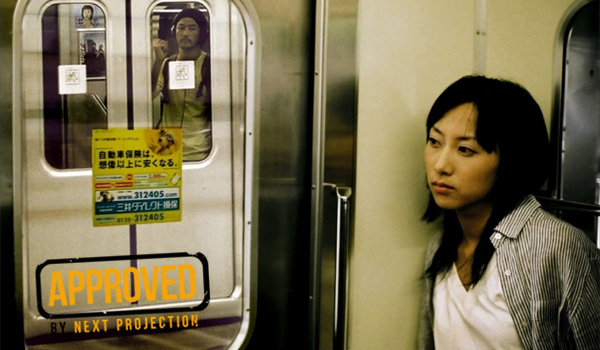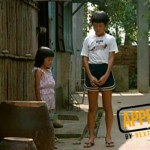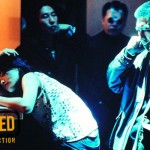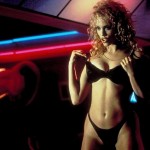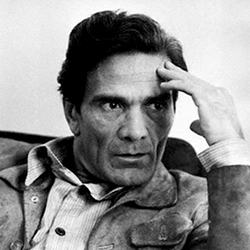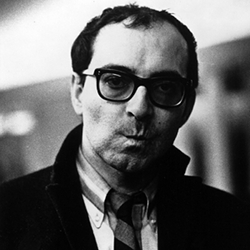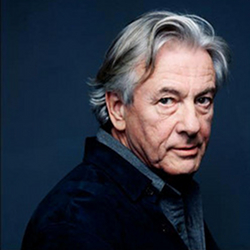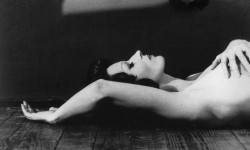
Review: Cafe Lumiere (2003)
Doorways envelop and frame characters to create a context for their daily lives. Laundry dances in the open air in defiance of conventional subject matter. Light flickers through the hanging clothes as they perform their lazy waltz and illuminates our visage and excites our subconscious. We have entered the world of Japanese filmmaker Yasujiro Ozu, as realized by Taiwanese filmmaker Hou Hsiao-Hsien. Hou is bigger in mind and spirit than the problems he perceived with the Japanese occupation of Taiwan, and the language of cinema acts as the universal connective fiber that has the potential to unite any member of humanity that will listen to what it has to say. Film transcends time, place, politics, subject matter, and presents an artform of light. That yet another one of the thousands of reasons that cinema is important to me. Whether its content is political, romantic, or a desperate search for whatever the hell it is we are searching for as humans, it can be represented with nothing more than the strategic obfuscation of light. Is the café of Café Lumiere representative of cinema itself; a wonderful place of pure luminescence where people can set aside their own ego and personal feelings long enough to bask in the light of the soul?
Doorways envelop and frame characters to create a context for their daily lives.
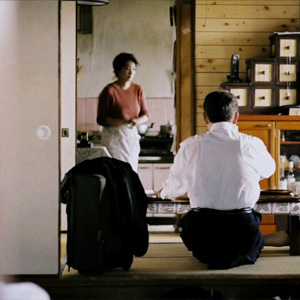 Trains again speak loudly in Hou’s cinematic dialect. They offer sanctuary from the harshness of reality, transport to other worlds and other ways of thinking, and a direct cinematic connection to films that have come before. Hou’s fixation on trains comes from an amalgam of abstract emotions and a feeling of universal connection. Trains in cinema have been around nearly as long as the film camera, and where they once represented an optimistic transience to a new post-industrial world, they now possess a nostalgic quality and serve as a romanticized reminder of that long faded optimism. Trains are limited to linear movement, just as the passage of time. One can take solace in the abstract connection between the linear passage of trains and the inevitability of the destination, and the linear nature of time and acceptance of universal transience.
Trains again speak loudly in Hou’s cinematic dialect. They offer sanctuary from the harshness of reality, transport to other worlds and other ways of thinking, and a direct cinematic connection to films that have come before. Hou’s fixation on trains comes from an amalgam of abstract emotions and a feeling of universal connection. Trains in cinema have been around nearly as long as the film camera, and where they once represented an optimistic transience to a new post-industrial world, they now possess a nostalgic quality and serve as a romanticized reminder of that long faded optimism. Trains are limited to linear movement, just as the passage of time. One can take solace in the abstract connection between the linear passage of trains and the inevitability of the destination, and the linear nature of time and acceptance of universal transience.
Hou’s fixation on trains comes from an amalgam of abstract emotions and a feeling of universal connection.
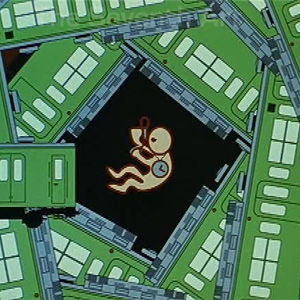 The hanging laundry in the opening sequence of Café Lumiere is Ozu speaking through Hou. I can’t necessarily articulate the delicate emotions that Ozu’s hanging laundry trigger in their unassuming simplicity. I can guess at the qualities of domestication that they possess, but both Ozu and Hou use the imagery to communicate many abstract ideas directly to our subconscious. Hou uses it as homage to Ozu’s work, but the imagery possessed post-modern qualities even in Ozu’s time. The frequency of the recurrences of hanging laundry in Ozu’s work became self-reflexive after it had planted itself firmly in Ozu’s cinematic vernacular. If cinema matured after it slowed down long enough to focus on the movement of the wind in the trees, it became more humanized when it instead focused on the movement of the wind through our clothing. There is something terrifyingly fatalistic in the imagery as well. The disembodied clothing takes on movement without the help of a human inhabitant, hinting at our own mortality and the eventuality of humanity’s waning influence on the world. I suspect that the breeze that flows through the leaves of trees and the clothes on the line will be around long after the last human dies.
The hanging laundry in the opening sequence of Café Lumiere is Ozu speaking through Hou. I can’t necessarily articulate the delicate emotions that Ozu’s hanging laundry trigger in their unassuming simplicity. I can guess at the qualities of domestication that they possess, but both Ozu and Hou use the imagery to communicate many abstract ideas directly to our subconscious. Hou uses it as homage to Ozu’s work, but the imagery possessed post-modern qualities even in Ozu’s time. The frequency of the recurrences of hanging laundry in Ozu’s work became self-reflexive after it had planted itself firmly in Ozu’s cinematic vernacular. If cinema matured after it slowed down long enough to focus on the movement of the wind in the trees, it became more humanized when it instead focused on the movement of the wind through our clothing. There is something terrifyingly fatalistic in the imagery as well. The disembodied clothing takes on movement without the help of a human inhabitant, hinting at our own mortality and the eventuality of humanity’s waning influence on the world. I suspect that the breeze that flows through the leaves of trees and the clothes on the line will be around long after the last human dies.
The disembodied clothing takes on movement without the help of a human inhabitant, hinting at our own mortality and the eventuality of humanity’s waning influence on the world.
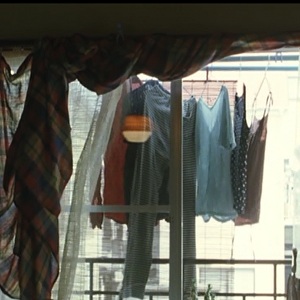 Café Lumiere is a beautiful and understated film that requires an attentive soul. It speaks the language of light and movement, and its self-reflexive qualities fill the mind with a nostalgia fueled by the beauty and timelessness of cinema. Cinema envelops us and offers temporary shelter from the unimportant but painful realities of daily life, and if we allow ourselves to be receptive enough, we can experience the pain and joy and get a small glimpse into worlds that we do not necessarily occupy. It also helps us to understand the ways that our worlds are not so different than others that live in different times, different countries, and with a different set of philosophical ideals. When you peel all of those societally imposed layers, you find the beautiful and universal connections that we have with the rest of humanity.
Café Lumiere is a beautiful and understated film that requires an attentive soul. It speaks the language of light and movement, and its self-reflexive qualities fill the mind with a nostalgia fueled by the beauty and timelessness of cinema. Cinema envelops us and offers temporary shelter from the unimportant but painful realities of daily life, and if we allow ourselves to be receptive enough, we can experience the pain and joy and get a small glimpse into worlds that we do not necessarily occupy. It also helps us to understand the ways that our worlds are not so different than others that live in different times, different countries, and with a different set of philosophical ideals. When you peel all of those societally imposed layers, you find the beautiful and universal connections that we have with the rest of humanity.
Related Posts
![]()
Matthew Blevins
![]()
Latest posts by Matthew Blevins (see all)


